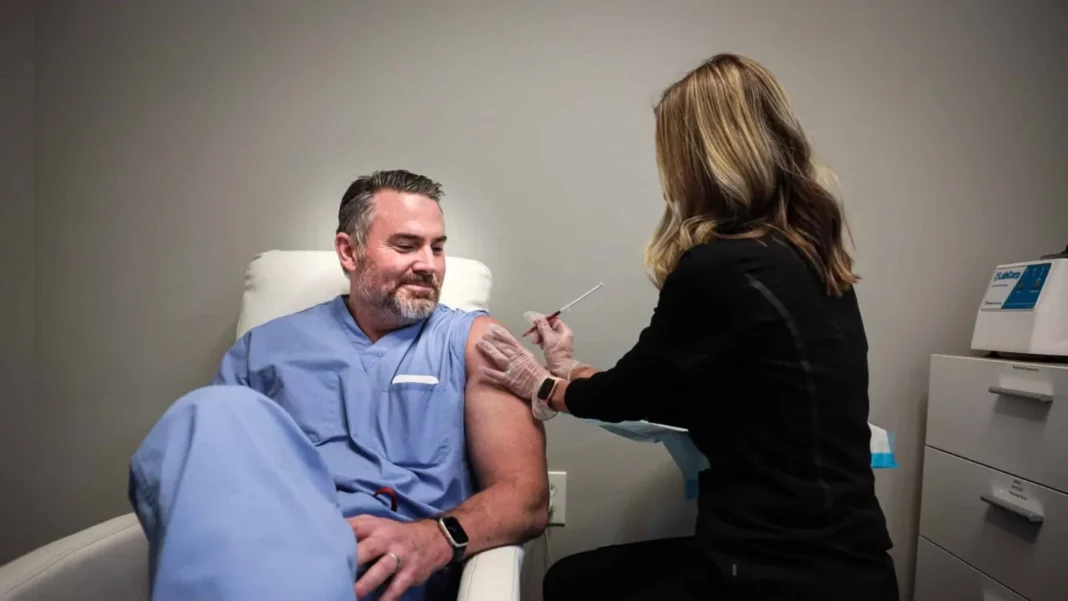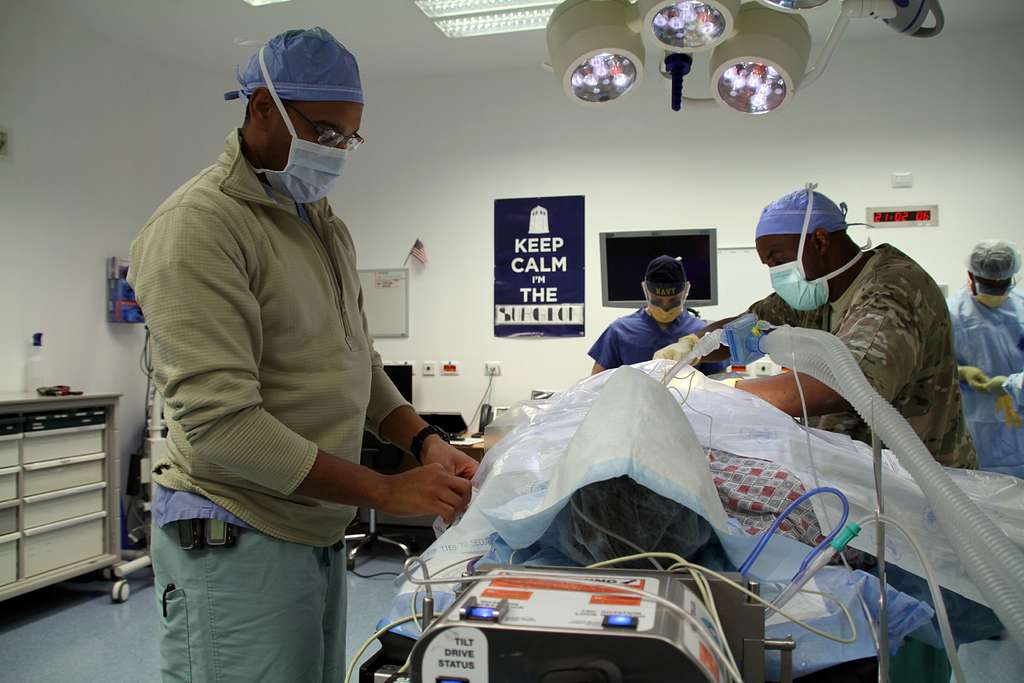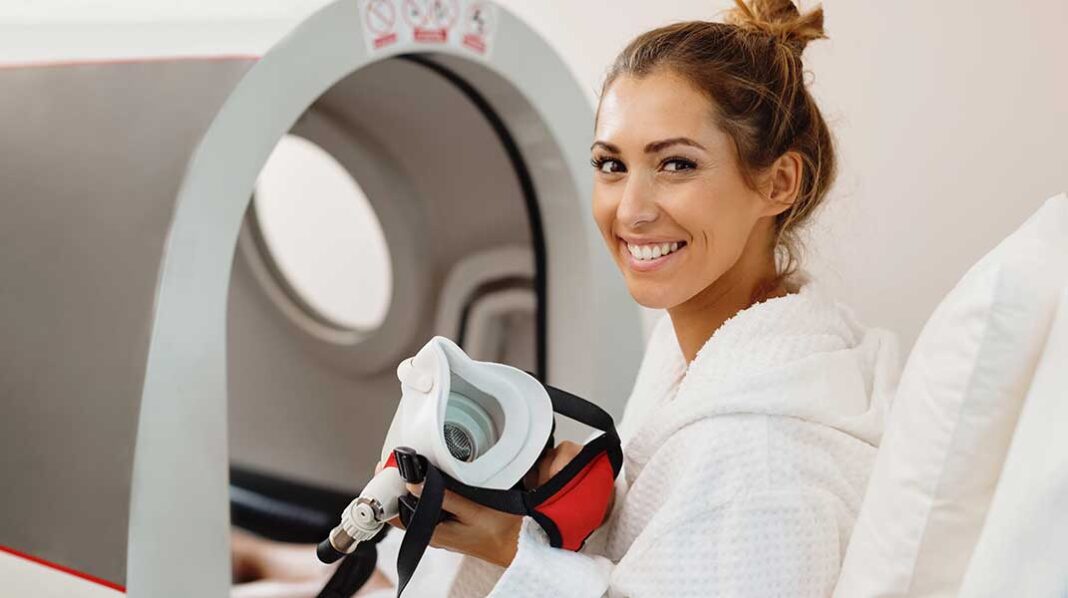Peptide therapy provides a targeted approach to supporting your body’s natural healing processes. These specialized proteins work at the cellular level to promote tissue repair and muscle development. Many medical professionals recognize peptide therapy as a tool for addressing muscle-related concerns. Here are some ways this therapy unlocks the potential for muscle growth and repair:
What Are Peptides?
Peptides are short chains of amino acids that serve as building blocks for proteins in your body. The body naturally produces thousands of different peptides, each with specific functions. These act as messengers, telling your cells what to do and when to do it.
Growth hormone-releasing peptides are one type that impacts muscle development. They signal the pituitary gland to release growth hormones, which play a role in muscle growth and repair. Other peptides help reduce inflammation or improve blood flow to damaged tissues. The specificity of peptides makes them suitable for targeted therapeutic approaches.
How Does Peptide Therapy Work?
Peptide therapy begins with understanding your specific needs and health goals. A healthcare provider evaluates your current condition and determines which peptides might benefit you most. The treatment typically involves under-the-skin injections, but tablets may also be available.
After being introduced into your body, peptides move through your bloodstream to reach specific tissues. They attach to cells and send signals that trigger specific actions in your body. For muscle growth, some peptides help build proteins and repair cells. Therapy results often depend on when and how many peptides you use.
Most peptides are metabolized quickly, so consistent dosing schedules matter. Regular treatment maintains steady levels of peptides in your system. Noticeable changes typically develop over weeks or months rather than days.
What Type of Peptides Do I Need?
Different peptides serve different purposes in muscle growth and repair. Some peptides that promote muscle growth and healing include:
- CJC-1295 with ipamorelin: These help burn fat to support increased physical performance. These peptides may support muscle development and elasticity when used in conjunction with proper exercise and a balanced diet.
- BPC-157: This peptide, called the “body protection compound,” has the potential to aid in tissue healing. It may help with tendon and ligament repair.
- TB-500: TB-500 is used to shorten healing times after surgery or injury. It may also reduce inflammation and promote flexibility.
Selecting the right peptide depends on your specific goals and current health status. Your age, fitness level, and any existing medical conditions can influence which peptides are appropriate. Some benefit from single peptide protocols, while others may use combinations under medical supervision.
Schedule Peptide Therapy for Healing
Working with a qualified healthcare provider is key to achieving success with peptide therapy. Professionals assist with peptide selection and dosing protocols to create a personalized treatment plan tailored to your goals. Clinics that offer this therapy typically provide thorough evaluations and regular monitoring to track progress and make treatment adjustments as needed. Schedule a consultation with a qualified provider today to explore your options and determine if peptide therapy aligns with your health and fitness goals.
- HMS Photovoltaik: A Complete, In-Depth Guide to Modern Solar Power Solutions
- Decreto Supremo 160: A Complete and Updated Guide
- Dentiloquent: A Complete Professional Guide
- Närkes Elektriska: Your Trusted Partner in Electrical Services in Örebro, Sweden
- Litorotica Tags: Guide for Better Search, Safety, and Clarity





